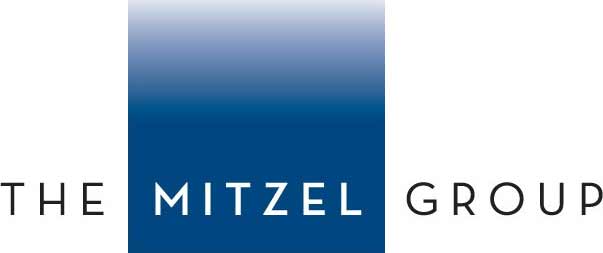The Department of Justice’s Immigrant and Employee Rights Section (IER) recently settled claims with Gap, Inc. that the company was routinely discriminating against certain immigrant employees in connection with their I-9 reverification, prompted by the company’s electronic I-9 software. IER’s investigation alleged that Gap, Inc. had discriminated against certain lawful permanent residents and naturalized US citizens by unnecessarily reverifying their permission to work, where not required by law, and that Gap improperly requested that certain non-citizens provide specific documents to confirm that they had continued permission to work, instead of allowing employees to choose the valid documentation of their choice. These practices resulted in one employee being terminated and another disallowed to work past their green card expiration date.
While the settlement does not detail exactly how Gap’s HR software may have contributed to discriminatory conduct, IER, in other settlements has noted common electronic I-9 problems that can expose employers to liability, including:
- Reverifying work authorization status earlier than necessary
- Prompting employees to submit updated documents when not necessary
- forcing employees to provide an expiration date for their work authorization when not necessary
- Requiring a social security number in Section 1 without regard to E-Verify participation
- Restricting document options in Section 2 or 3
- Limiting Section 3 verification document options
- Improperly submitting an employee to E-Verify
While employers may want to blame these practices on the software they utilize, ultimately, employers are responsible for I-9 compliance and will bear the burden of defending the claims and paying any assessed penalties. The takeaway here is that employers should review their HR systems and software to ensure adherence to the rules for verifying eligibility to work in the US.
Our immigration team can help you develop policies, documentation, and training for I-9 processing to ensure compliance with the law and avoid discrimination claims. Please reach out; we’re here to help.

